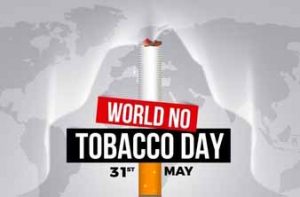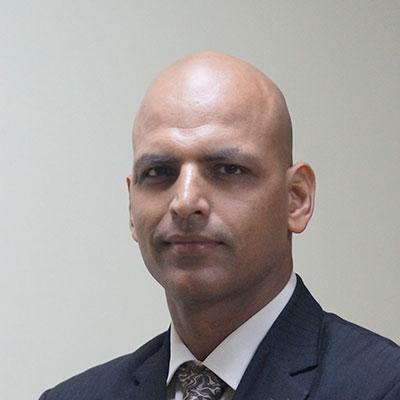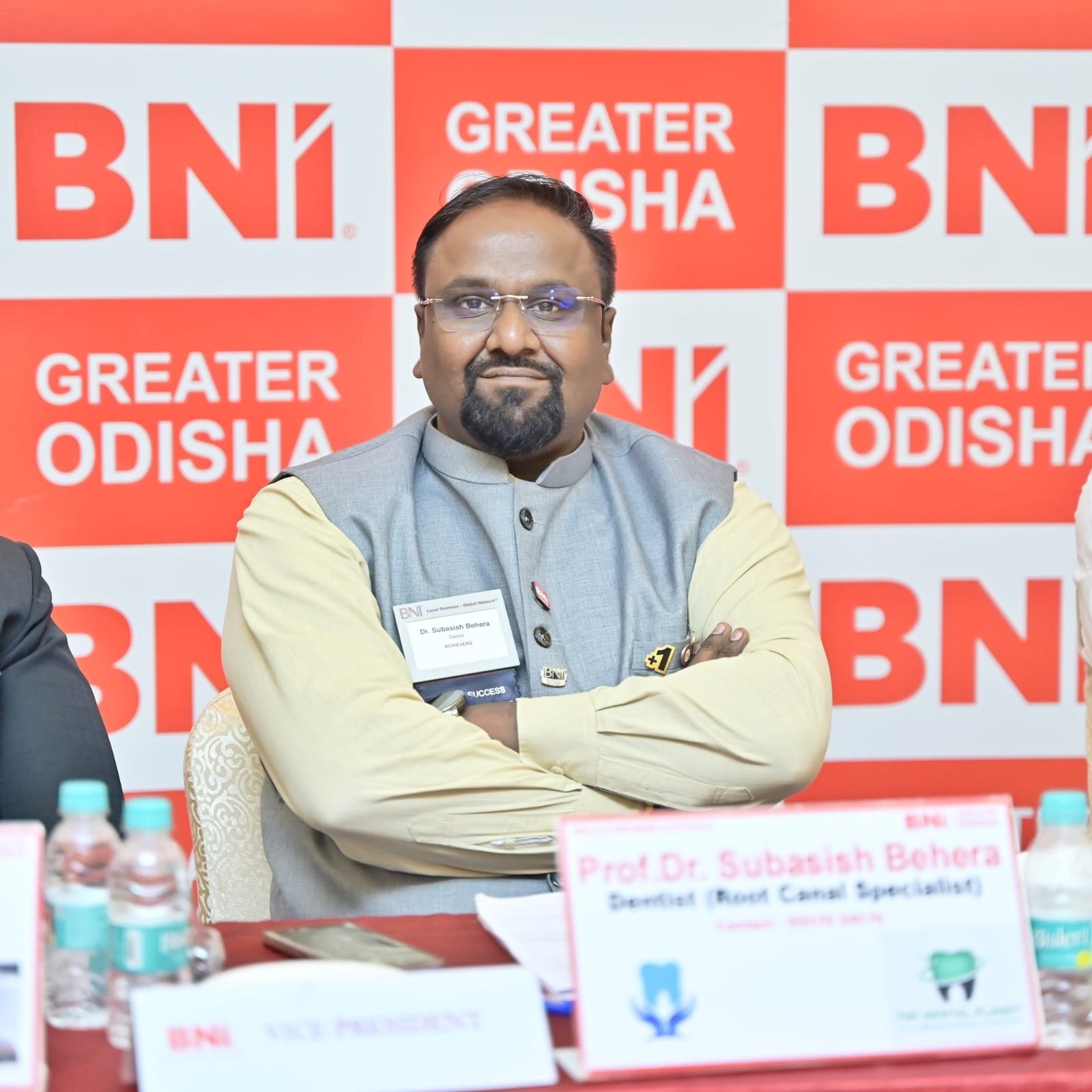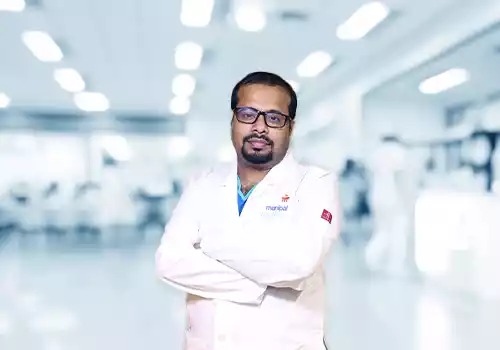Long-term impact of tobacco devastating: Experts

RESHMI YADAV, OP
Bhubaneswar: Use of tobacco— through smoking, chewing, or modern forms like vaping—remains one of the gravest public health challenges in India, fuelling an alarming rise in cancer cases across all age groups.
On the eve of World No Tobacco Day, experts warn that nicotine triggers dopamine release, creating a false sense of heightened alertness and happiness. Over time, this leads to dependence, cravings, and severe health consequences. “Nicotine addiction tricks the brain by creating a temporary high, but the long-term effects are devastating,” said Utkal Hospital’s Radiation Oncology and BMT director and senior consultant Dr Sanjaya Kumar Mishra.

“We see 30-40 per cent of patients quit tobacco out of fear when they learn about the consequences, but still some per cent continues despite counselling. One should adopt healthy lifestyle choices, like promoting cycling, healthy diets, and breaking away from addiction-supporting social circles,” said Mishra. Tobacco consumption is directly linked to over 15 types of cancer, including lung, oral, and bowel cancers. India, alarmingly, is becoming the global capital for head and neck cancers, with around 2 lakh new cases diagnosed annually. Lip and oral cavity cancers account for 65 per cent of these cases, and tragically, nearly 70 per cent of patients are diagnosed at an advanced stage, reducing survival rates. “Oral cancer is rising at an alarming rate due to ignorance of early signs like white patches and non-healing ulcers,” said SCB Dental College department of Conservative Dentistry and Endodontics associate professor Subasish Behera. “Tobacco chewing accounts for over 99 per cent of these cancers cases. We need stronger laws, heavy taxation, and a complete ban on surrogate advertising by celebrities to curb this menace,” he added. The situation is compounded due to lack of awareness, delayed diagnoses, and limited access to timely treatment.

Manipal Hospitals’s Surgical Oncology senior consultant Nitish Ranjan Acharya stressed, “While some patients quit tobacco after being diagnosed with cancer, others struggle with willpower. We recommend nicotine replacement therapy like gums, but ultimately, it’s a battle. The government has done much, but stricter enforcement, especially on public smoking, can save lives,” Acharya said. Some of the personal stories underscore the devastating effects of consumption of tobacco.

Hari Sahu, a daily wage worker, shares, “After witnessing my father’s suffering due to tobacco-related illness, I understood the health risks. It’s not just a personal loss but a financial and emotional burden on the entire family.” Experts emphasise early detection through self-examination as the key to survival. A simple two-minute monthly check—looking for white or red patches, ulcers, or unusual lumps in the mouth—can lead to early diagnosis and better outcomes. “Tobacco-related deaths are slow and painful. People need to realise this before it’s too late. Let’s act now for a cancer-free India,” appealed Mishra.
News